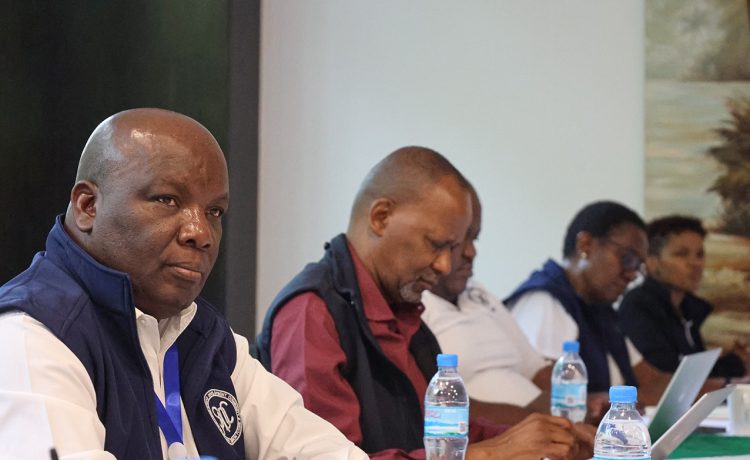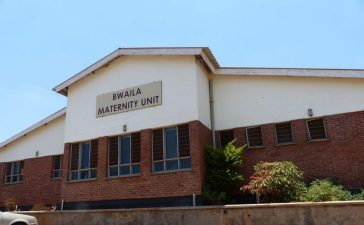Tanzania’s October 2025 elections are under fire after the Southern African Development Community (SADC) released a tough preliminary report that points to intimidation, arrests, and an internet blackout that crippled election-day transparency.
The SADC Electoral Observation Mission (SEOM) said the polls “fell short of the principles governing democratic elections in the region,” and that the voting environment was tense, restricted, and unfair. According to the mission, there were reports of opposition members being arrested and some candidates disqualified before the vote, creating fear among voters and limiting their choices.
“Our observers noted the arrest of opposition members, the disqualification of candidates, and disruptions to internet services that hindered communication and transparency,” the SADC mission said. “These incidents compromised voters’ ability to make free and informed choices.”
The report also confirmed that an internet blackout hit during voting, cutting off communication and blocking the mission’s ability to monitor the closing and counting process in many areas. It said the outage “seriously affected transparency and the credibility of results collection.”
Observers were not spared either. In Tanga Town, a team of SEOM observers was detained, questioned by security forces, and forced to delete photos from their devices. The mission described such conduct as unacceptable and warned that it “risks undermining public confidence in the electoral process.”
Msowoya, an opposition figure, said the findings prove what Tanzanians had been saying all along — that the election was far from fair. “This election was democracy on a tight leash,” he said. “When opposition leaders are jailed, media are silenced, and even observers are chased away, how can anyone pretend the vote was fair?”
The SEOM report also observed a heavy police presence across the country, with some polling stations having more officers than voters. In many areas, turnout was described as “very low,” and some observers reported seeing “neatly stacked ballots” inside boxes during the voting process — creating what they called “the perception of multiple voting.”
The mission raised deeper concerns about Tanzania’s laws, pointing out that the constitution prevents courts from reviewing presidential election results and gives the president full power to appoint members of the electoral commission. The report said such laws weaken transparency and the independence of the electoral process.
“The election environment did not fully guarantee the free expression of the will of the people,” the SADC mission concluded. It said a detailed final report will follow after further analysis of data and consultations.
Msowoya urged both SADC and the African Union to go beyond issuing reports and push for genuine electoral reforms. “Tanzanians are tired,” he said. “We want an election where every vote truly counts — not one where the outcome is decided before the first ballot is cast.”













